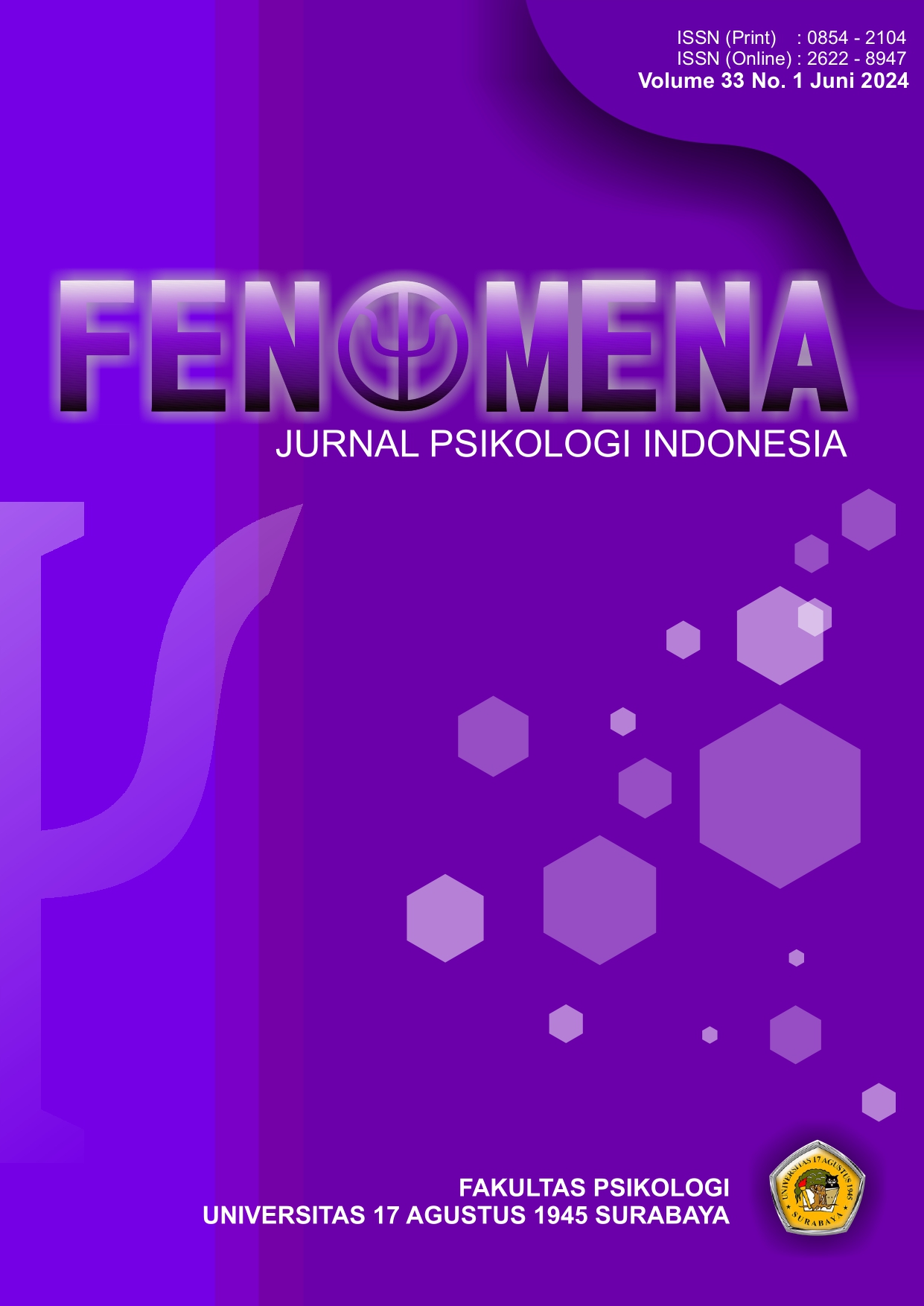Financial Self-Efficacy dengan Perilaku Berutang pada Guru
DOI:
https://doi.org/10.30996/fn.v33i1.11247Keywords:
Financial Self-Efficacy, Teacher, Debt BehaviorAbstract
The high prevalence of online loan users in Indonesia may encourage individual to engage in unethical behavior to repay their debts and negatively impact to their work performance. Online loan has affected many people in any society including teacher and raises a big question about why online loan has affected individuals who have honorable professions. Several reasons have been identified, such as low salaries, high workloads, and being part of the sandwich-generation. Therefore, increasing self-confidence in financial management, known as Financial Self-Efficacy helps individuals, especially teachers to avoid Bad Debt-Behavior and encourage Good Debt-Behavior. Teachers with high Financial Self-Efficacy are more likely to enhance their financial knowledge and share it to their students. This research method is quantitative-correlational design. The participants consist of 107 teachers aged 21-60 years. The data analysis method that used in this research is Spearman Rho’s Correlation. The results reveal a significant negative correlation between Financial Self-Efficacy and Bad Debt-Behavior (0.003-0.014 ≤ 0,05). Additionally, there is a significant positive correlation between Financial Self-Efficacy and Good Debt-Behavior (0.003-0.036 ≤ 0.05) among teachers (ρ value 0.000 ≤ 0.05). So, higher Financial Self-Efficacy tends to avoid Bad Debt-Behavior and preference for Good Debt-Behavior, vice verza.
Downloads
Downloads
Published
Issue
Section
License
Authors retain copyright and grant the journal right of first publication with the work simultaneously licensed under a Creative Commons Attribution 4.0 International License that allows others to share the work with an acknowledgment of the work's authorship and initial publication in this journal.






